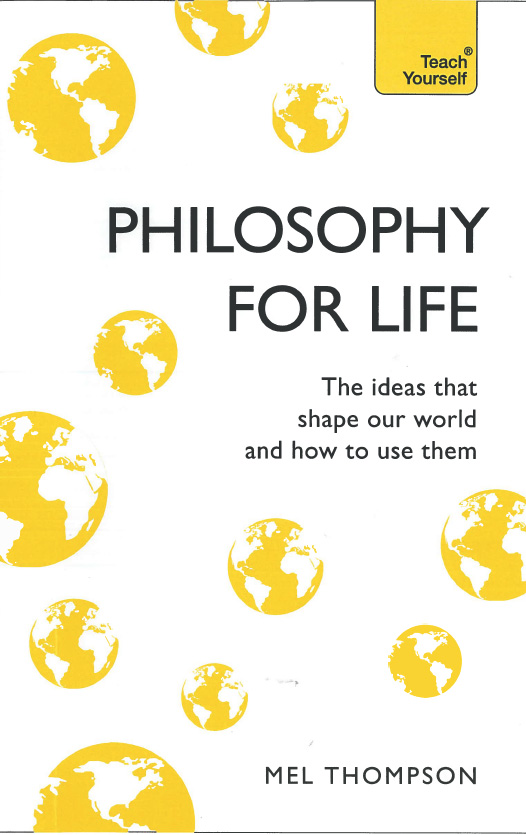 Philosophy for Life
Philosophy for Life
This revised edition of my original introduction to Philosophy, has a new emphasis. It explores...
'Thinking to enhance your life.'
While providing an brief overview of the history of Western thought, and giving an outline of the main branches of philosophy, it also asks about the relevance and value of philosophy as a life skill.
Here's why you might want to read this book...
To philosophise involves thinking clearly and accurately, considering evidence, reflecting on experience, sorting out arguments and testing out claims. Philosophy also probes the meaning of life; it examines morality, politics and religion; it challenges our assumptions and invites us to think again about our opinions.
Some overall sense of who we are and what life is for may enhance our appreciation of life in general. Where do we stand on the big issues that face us? How can we find contentment in a world that includes so much suffering and evil? How do we come to terms with our own fragility and mortality? What does it mean to be an individual, and how does that affect the way we treat others? What, if anything, can we know for certain? These universal and personal questions are not exclusively philosophical, nor are they necessarily issues with which professional philosophers wrestle on a day-to-day basis, but I want to suggest that most of the topics covered in courses in philosophy can be related to them, so that some knowledge of philosophy can yield immediate, personal benefits, quite apart from the intellectual stimulus that doing philosophy offers.

